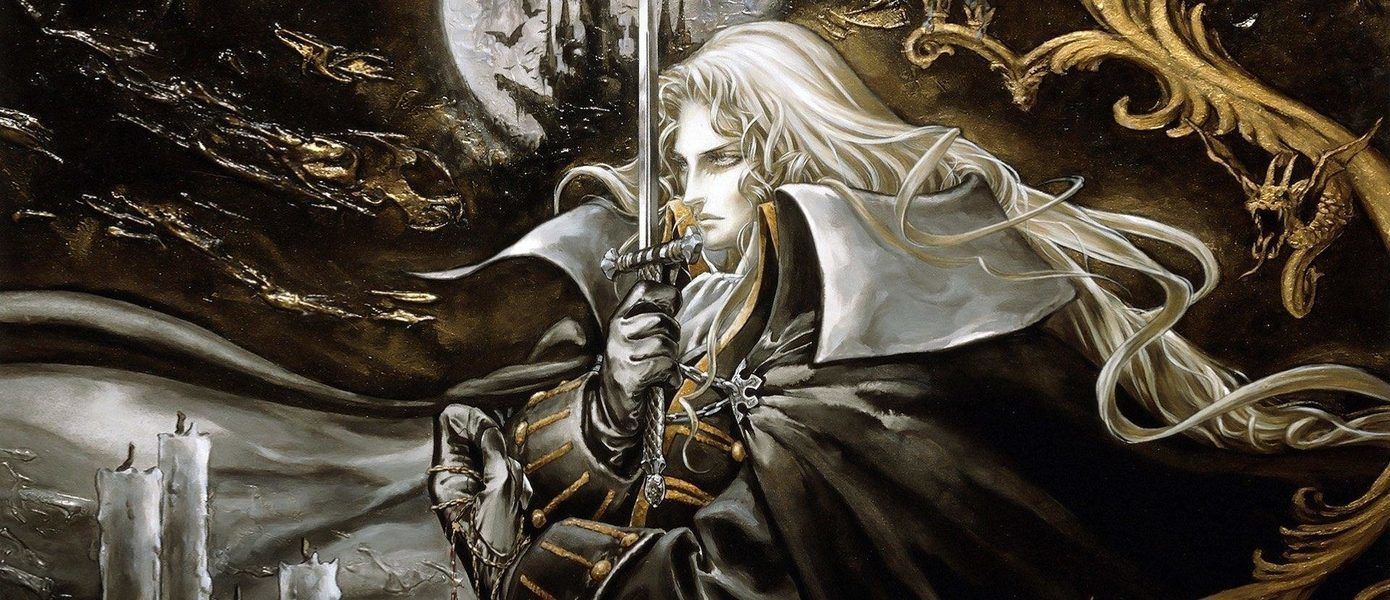
Affably Evil: While his demeanor and Kill All Humans plan may prove otherwise, Dracula has the capacity to show respect, kindness, and love to those closest to him.Adapted Out: His One-Winged Angel forms are not adapted.note Since "Dracula" means "Son of the Dragon" ("Dracul", meaning "dragon", being the title of the real Vlad the Impaler's father) and Ţepeş is actually a common word meaning "impaler", Vlad Dracula Ţepeş is likely the most culturally and grammatically accurate. The English version of Symphony of the Night had it as "Vlad Ţepeş Dracula". Adaptation Name Change: Dracula introduces himself as "Vlad Dracula Ţepeş", while in the Japanese dub this is "Dracula Vlad Ţepeş", the official order in Japan.Pre-Ayami Kojima artworks had him with black hair, but Kojima-drawn artwork has his hair color as platinum blonde. His backstory in general is not mentioned much beyond a generations-long rivalry with the Belmonts, starting with Leon. Adaptation Distillation: His first wife Elisabetha Cronqvist is unmentioned in the animation, which makes Lisa "the only love ever knew", even though Elisabetha was the reason he chose to become a vampire.The castle in the game is also a Genius Loci and Eldritch Location that changes every time it appears with some of the parts of it being separate dimensions apart from the normal world as opposed to a highly complex Magitek construct. The game version of Dracula has dominion over all dark forces on earth and all monsters or evil creatures are subservient to him with him being capable of feats up to and including Reality Warping. He's tied to hell through his connection to Chaos which is the primal well of all evil and destruction that both collects the evil of existence and spreads it. In the games, Dracula is an Eldritch Abomination more than a simple Vampire Monarch.

While he is indeed a force to be reckoned with, the loss of Lisa and implied abstinence from human blood as left him pretty weak by the time Alucard, Trevor, and Sypha fought him.


A somewhat downplayed version of this trope is in play for this version of Dracula.Our introduction to Dracula in this continuity is countless skeletons impaled on spikes. What he did in the interim between Lament of Innocence and Draculas Curse is left to the imagination (besides marrying Lisa and fathering Alucard, of course). The worst he ever did was manipulate circumstances and people behind the scenes (which, unfortunately, led to a loved ones death) and oppose God. Adaptational Villainy: Via Adaptation Expansion: while Dracula has never been a paragon of virtue, in the game continuity, he never terrorized humanity until after Lisa's death.Helping this is the fact that the show goes into depth about how his most recent rampage is a result of outside forces. Dracula is still the Big Bad with a history of killing humans for petty reasons but he's not as bloodthirsty or cruel as most interpretations of his character. Adaptational Nice Guy: A downplayed version.Adaptational Heroism: He makes a Heel≯ace Turn after being brought back in the finale.In this series, Trevor, Sypha, and Alucard all working together still couldn't beat him, and he would have WON if not for his Villainous BSoD. In the games Dracula is routinely defeated by the Belmonts and was once beaten by Alucard. Adaptational Badass: Despite being just a Vampire Monarch rather than an Eldritch Abomination.Sure, he attacks the church, but considering the sort of people running the establishment, it's hardly surprising. His hatred seems to be directed squarely at humanity.

Adapted Out: His vitriol against God is notably absent in this version (or at least is never brought up).


 0 kommentar(er)
0 kommentar(er)
